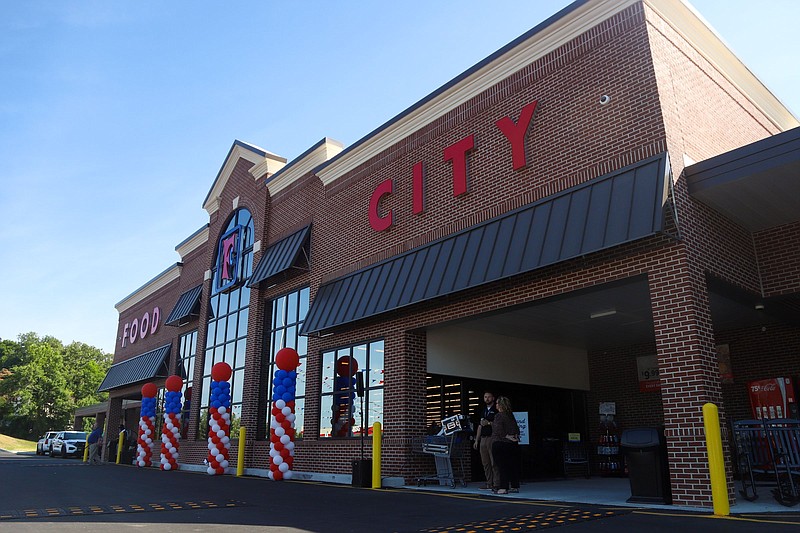Food City, a grocery chain with 130 stores in Tennessee, Virginia and Kentucky, has agreed to a $44.5 million settlement with the state of Tennessee over the role its in-store pharmacies played in fueling the opioid crisis, Attorney General Jonathan Skrmetti said.
The settlement, announced Thursday, brings to an end a 2021 lawsuit that accused the privately owned chain of selling massive amounts of opioids to patients in Northeast Tennessee. At one time, it was among the biggest opioid sellers in the state, legal filings showed.
(READ MORE: Tennessee expected to collect more than $400 million from multistate opioid settlement)
"Every entity that contributed to the opioid crisis must be held accountable," Skrmetti said Thursday. "By paying a hefty price to resolve past misconduct, Food City provides critical resources to save lives and protect families and can now get back to the business of serving its customers and supporting Tennessee communities."
The company has long defended its prescribing practices. The settlement is "not an admission of guilt" or "evidence of wrongdoing," a statement released Thursday by the company, also known as K-VA-T Food Stores, said.
As part of the settlement, Food City also agreed to train pharmacy staff, update its prescription-validation process and monitor and report suspicious activity.
(READ MORE: Hamilton County expects to receive $1.5 million for opioid abatement, remediation)
Food City also agreed to hire employees in recovery from opioid addiction.
Legal records entered into the lawsuit, filed by the Tennessee attorney general in Knox County Circuit Court, alleged Food City executives partnered with multiple suppliers to keep addictive drugs flowing into their stores and pushed its pharmacists to fill as many opioid prescriptions as they could.
The firm offered discounts to addicts, partnered with notorious pill-mill operators, ignored drug deals and drug-related crimes taking place in plain view in store parking lots and filled opiate prescriptions from other countries and states as far away as Hawaii, the lawsuit alleged.
Read more at TennesseeLookout.com.
